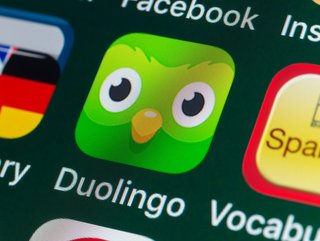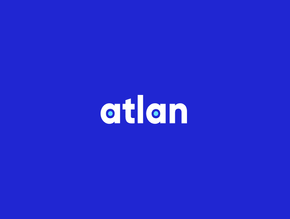Duolingo Cuts 10% of Workforce to Prioritise AI Development

Popular language-learning app Duolingo has reportedly cut 10% of its contracted translators as part of an artificial intelligence (AI) push. The company is aiming to integrate generative AI (Gen AI) into its services and suggests that it does not need as many members of staff.
AI has been proven to boost workplace productivity, reduce costs and help businesses to enact their digital strategies at a much faster pace. However, a move such as this by Duolingo could increase further anxieties over whether AI will replace human employees in the workplace.
The company is best-known for its app-based language learning tool.
AI language-learning: Opportunities and challenges
AI language-learning is fast becoming a global trend, as users worldwide seek more accessible and cost-effective ways to learn a new language. However, the issue remains that this type of new AI could irreversibly impact a long-existing industry.
Speaking on the decision, a Duolingo spokesman said, as reported by The Telegraph: “We just no longer need as many people to do the type of work some of these contractors were doing. Part of that could be attributed to AI.”
The company started to make a shift towards AI translation over a year ago, as it aims to make its services more streamlined. In March 2023, it announced Duolingo Max - a partnership with ChatGPT creator, OpenAI, where users can have a conversation about language-learning with the Duolingo Owl.
Speaking at the time, Duolingo’s CEO and co-founder Luis von Ahn said: “AI accelerates our mission to make high quality education available to everyone in the world. The things that we can do now with the power of OpenAI’s technology are going to shape the future of education.”
“Most people don’t have access to a one-on-one human tutor, but I believe AI will allow us to eventually recreate the experience of a human tutor and scale it to everyone in the world.”
Issues of ethics: Fears of ‘AI replacement’ remain
Human translation within Duolingo has also reportedly been replaced by AI, raising the subject of trusting AI to complete tasks previously completed by human employees. However, whilst language translation is a key example of a job that risks losing out to AI, it can be argued that AI cannot pick up specific meaning that a professional human translator can.
AI replacing jobs in this way could also pose potential risks of inaccuracies or a lack of monitoring by the business.
This is not the first time that large-scale companies have made workforce cuts in favour of AI. The technology industry in particular saw huge swathes of job cuts in 2023, including the likes of Alphabet, Meta and BT Group. Innovative company Humane also reportedly cut 4% of its workforce prior to the launch of its new AI Pin at the end of last year (2023).
Google in particular laid off hundreds of employees in January 2024 that were working on its hardware, voice-assistance and engineering teams. The decision was reportedly made to cut costs.
******
Make sure you check out the latest edition of AI Magazine and also sign up to our global conference series - Tech & AI LIVE 2024
******
AI Magazine is a BizClik brand
- Why Companies Must be Ruthless With Their AI PrioritisationAI Strategy
- CoreWeave Adds to UK's AI Ecosphere with £1bn InvestmentCloud & Infrastructure
- AlphaFold 3: Google DeepMind Seeks to Transform HealthcareAI Applications
- The Startup That Secured Europe’s Biggest-Ever AI InvestmentTechnology






